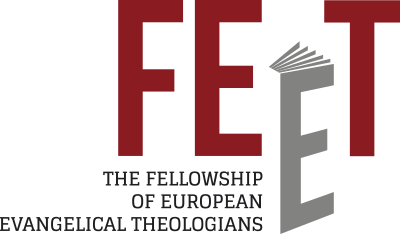Whose book is the Bible?
My wife Hetty is preparing a paper for the FEET conference on Evangelical Identity in Prague this August. One of the sources she is consulting is the new book by professor Hans Burger, Jesus Christ, Hermeneutics, and Scripture. Hetty received her copy of this book several weeks before Hans received his own copies. 😊
Hetty and I have booked our train journey and we are looking forward to this FEET conference with great anticipation! From time to time we talk about what she is going to say and occasionally I make a suggestion. This week our discussion reminded me of a book which I read and reviewed in the past, but which I still remember well1. It is a book in which Oxford professor Markus Bockmuehl points to new ways for New Testament studies. Parts of this review I reproduce here in a slightly revised version2:
‘According to Bockmuehl, the interpretation of the New Testament should not merely be an attempt to give a factual account but a spiritual exercise. The implied reader of the Scriptures is a converted person, a disciple of Jesus.
Bockmuehl argues, with due respect to the evident diversity, that the New Testament is much more of a unity than critical orthodoxy is able to acknowledge, and that the canon is a meaningful boundary mark for New Testament studies.
Thirdly, he thinks that it does really matter that some events actually happened in history. These three lines of argument come together in the following statement: “Unless at some basic level we are prepared to receive, trust and inhabit a given communal embodiment of memory and witness, we can know nothing at all. The solipsism of cogito ergo sum is logically compelling only in the madhouse” (206).
For Bockmuehl the Bible is the book of the Church and the book for the Church, which should be reclaimed by the Church. He goes so far as to argue that outside the community of believers proper biblical interpretation is impossible. Yet he does not discuss what in my eyes is the next logical step, viz. the question whether theologians should work in seminaries or in secular universities.
Bockmuehl does not mince his words in describing current New Testament scholarship: it is a discipline in search of an object, confused about methodology, uncertain as to what counts as an argument, monopolised by the rich West. Many scholars lack proper language skills and are haunted by imaginary sources like Q and equally imaginary communities.’
The statement that the Bible is the book of the Church, that it’s the Church which owns the Bible and not the academy, has stayed with me ever since I read it. In my own teaching I have tried to pass it on to my students.
One wishes that Bockmuehl’s insights and suggestions in this book be taken seriously by the members and friends of FEET and by all Christian interpreters of the Word of God.
I wonder if Hetty will refer to Bockmuehl in Prague. Come and find out!


